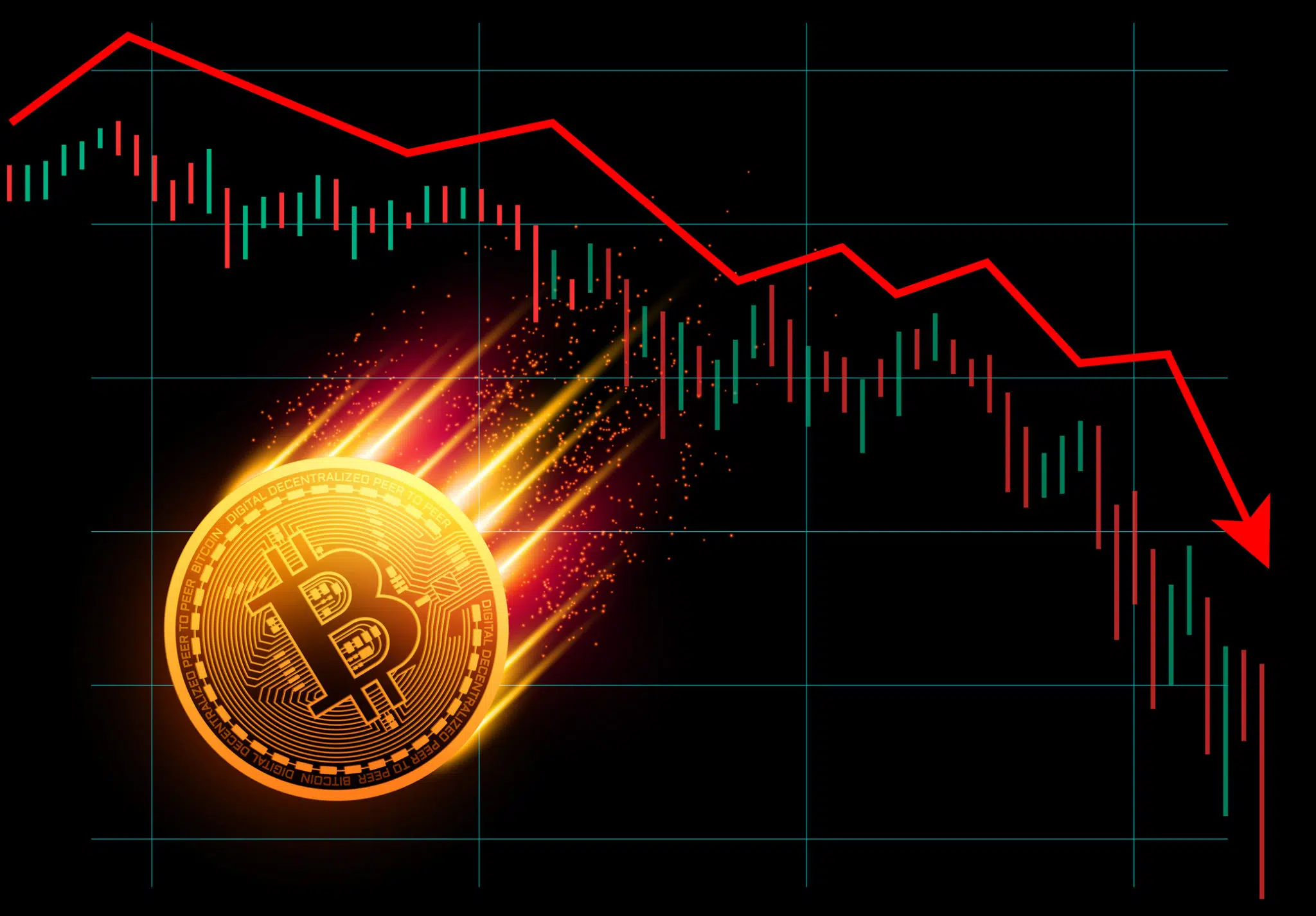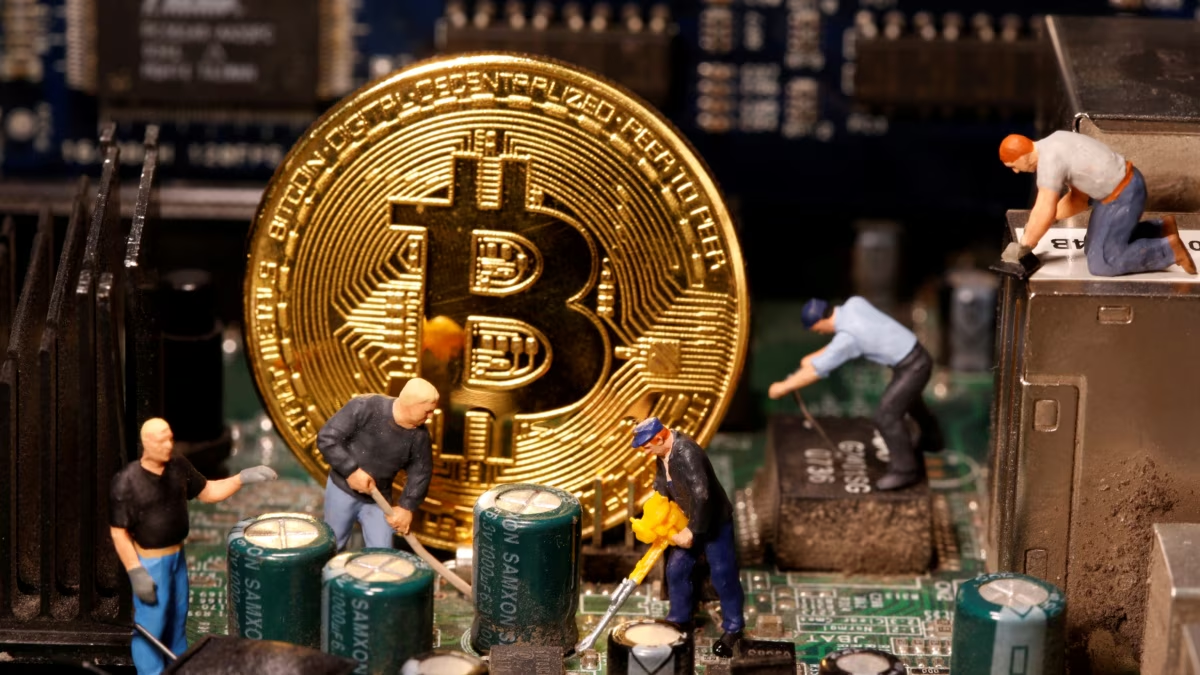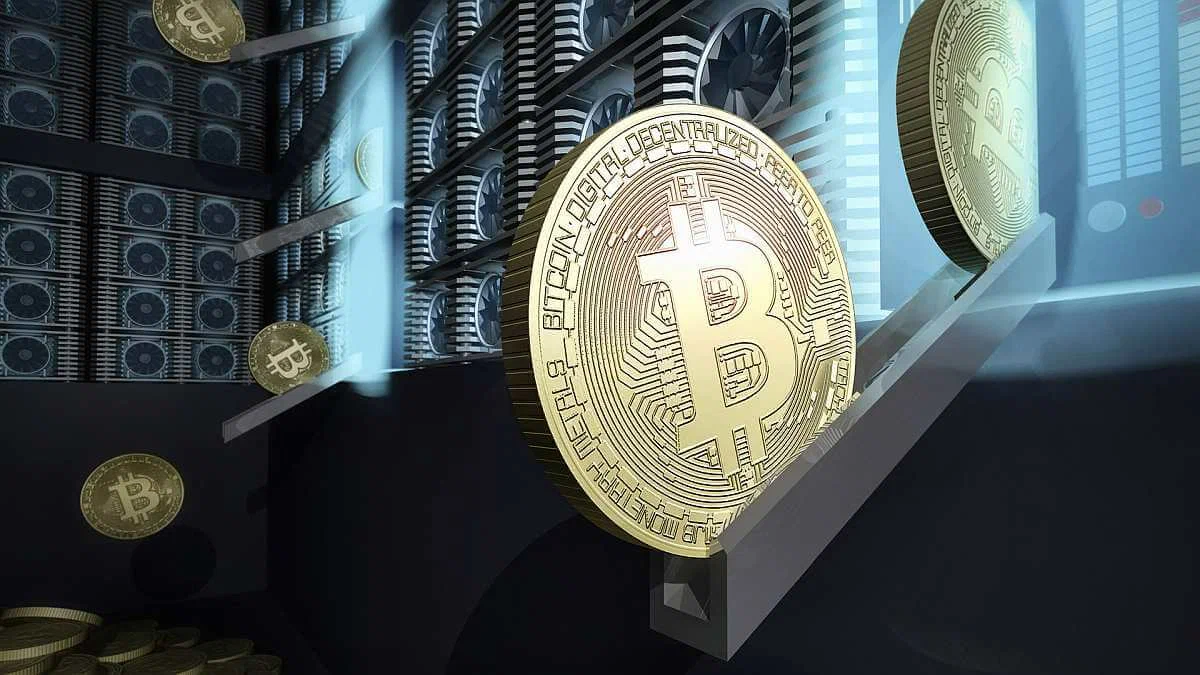Bitcoin mining has grown to be an essential component of the cryptocurrency ecosystem in recent years, enabling miners to secure the network and confirm transactions. But when it comes to paying out to miners, particularly in the form of Bitcoin itself, Bitcoin mining pools have encountered more and more difficulties. Miners are becoming more skeptical of the viability of these pools as the value of Bitcoin Mining Pool Payouts varies and network complexity keeps growing, especially when payouts are slowed down or delayed. This article examines the main causes of these difficulties as well as some remedies that could aid in resolving the problem.
Understanding Bitcoin Mining Pools
Mining pools are cooperative endeavors in which several miners pool their processing power to mine Bitcoin more effectively. The amount of hash power that each participant contributes to the pool determines how much of the mining earnings they receive. For individual miners who might lack the resources to compete with larger enterprises, this strategy has become crucial.But while though mining pools offer a necessary function, as the Bitcoin network expands, they have grown more intricate. Paying miners in Bitcoin is one of these pools’ main objectives, however there are a number of obstacles that make this process challenging. To evaluate the future of Bitcoin mining pools, it is essential to comprehend these difficulties.
The Rise of Bitcoin Mining Costs
The rising cost of mining is one reason Bitcoin mining pools struggle to make dividends. Bitcoin’s fixed supply mechanism and rising competition have made mining harder as its price has grown. greater miners mean greater computer capacity to solve cryptographic challenges and validate transactions and add blocks to the blockchain.Mining hardware is also more complex and pricey. ASIC miners dominate the business, although they are expensive and energy-intensive. Pools must pay for incentives, electricity, and hardware maintenance because to rising running costs. Pool operators may struggle to maintain Bitcoin payouts due to fluctuating mining rewards and high operational costs.
Bitcoin Volatility Disrupts Payouts
Bitcoin’s frequent price swings are another issue. Mining pools struggle to guarantee payouts because Bitcoin’s value might fluctuate rapidly. Miners may receive lower rewards as Bitcoin’s price declines since mining revenue lowers accordingly. Miners may not get rewards if the pool cannot afford operational costs.If Bitcoin’s price drops significantly, mining earnings may not be enough to cover electricity, hardware, and other costs. This leads some pools to delay payouts or transfer some Bitcoin into other currencies to maintain liquidity. Miners who receive erratic rewards that don’t match their expectations or terms can be frustrated.

High Fees Hit Bitcoin Payouts
When demand is high, the increased transaction fees produced by blockchain congestion can make it difficult for Bitcoin mining pools to pay out. The cost of transferring Bitcoin from the pool to the miners’ personal wallets rises as a result. To add insult to injury, the pool operator may run out of Bitcoin Mining Pool Payouts to reward if they incur high network expenses. One way mining pools fight high transaction fees is by accepting fiat money or stablecoins as payment. Aside from ensuring miners’ incentives and providing rapid liquidity, these alternative payment mechanisms alter Bitcoin’s promise and diminish its appeal as a payment system.
Pools Adopt Stablecoins and Fiat for Payouts
Some mining pools are using different strategies to pay miners because of the ongoing effects of network congestion and Bitcoin’s price volatility on payouts. One such technique is Paying out in stablecoins based on the US dollar, like USDT or USDC. Because their value is constant and unaffected by Bitcoin price changes, these stablecoins are regarded as a more reliable payout medium. Furthermore, because fiat currencies like USD, EUR, or local currencies can be more predictable and simpler for miners to convert into local currency, some pools choose to pay out in these currencies. This raises concerns about the decentralization of the cryptocurrency ecosystem, even though it might give miners more stability.
Solving Bitcoin Mining Pool Payout Issues
Bitcoin mining pool payout issues may be solved by several methods. Pools may use more efficient and cost-effective mining technologies. Pools can lower mining costs and increase Bitcoin rewards by upgrading their mining equipment or using more energy-efficient methods.Additionally, Bitcoin protocol changes may lower mining costs and network congestion. For instance, the Lightning Network, which allows faster and cheaper off-chain transactions, could reduce mining pool payout transaction fees.Mining pools might improve transparency and communication with miners. This might provide more frequent payout schedule updates, payout policy modifications, and pool financials. Pools can reduce concerns and ensure sustainability by being more upfront with miners.

Summary
Due to escalating operational costs, Bitcoin Mining Pool Payouts price volatility, network congestion, and transaction fees, Bitcoin mining pools are having trouble paying miners. While some pools are using stablecoins or fiat rewards, this may threaten Bitcoin’s decentralization. The mining sector may need to adopt more efficient mining methods, increase miner communication, and upgrade protocols to address these challenges. It is unclear whether these ideas would stabilize the mining pool payment mechanism or whether the industry will need to develop new ways to compensate miners equitably.As Bitcoin’s future evolves, mining pools’ sustainability will depend on their capacity to adapt to the cryptocurrency world.







